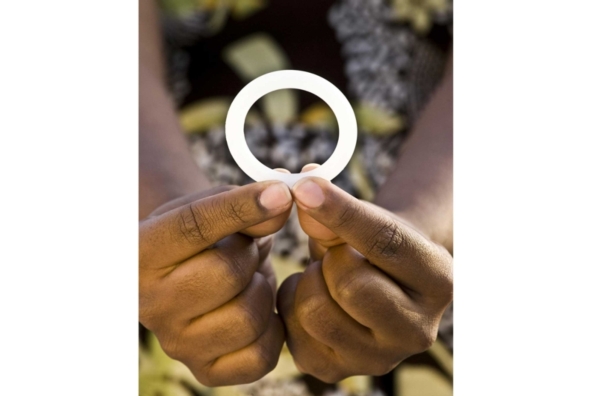Women use a silicone elastomer vaginal matrix ring that dispenses an anti-HIV drug—similar to ones used to dispense birth control hormones—and are protected from HIV infection for a month.
According to researchers who tested the ring on more than 4,500 African women between the ages of 18 and 45, the concept works. Women who used the ring were 27 percent less likely to become infected with the HIV virus, according to data presented last Monday at the annual Conference on Retroviruses and Opportunistic Infections in Boston.
The ring must remain inserted the entire month for the treatment to work most effectively. Researchers are currently working on ways of improving the ring to make it easier for women to adhere to the treatment.
“We need to figure out what women really want,” says Carl Dieffenbach, director of the Division of AIDS, National Institute of Allergy and Infectious Diseases who oversees more than a billion dollars of National Institutes of Health–funded AIDS research and was not involved with the study. “This is just a step along the way. Do we do better if we offer women protection from pregnancy as well as protection from HIV?” The next studies might have both birth control and antiviral properties or perhaps just contraception instead of a placebo.

